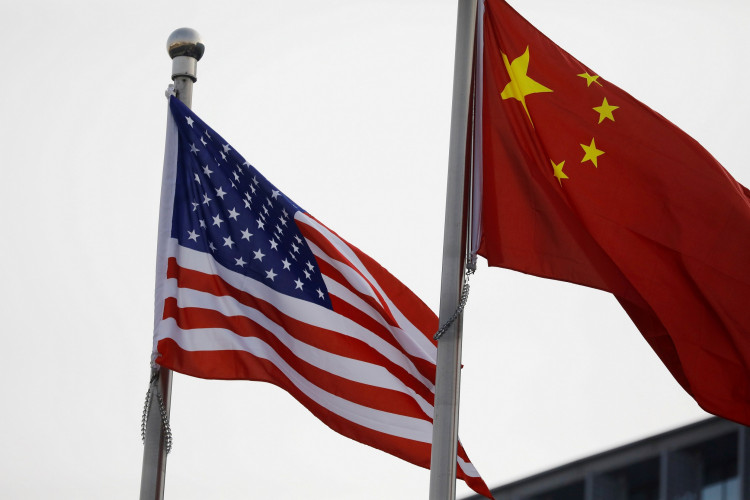U.S. President Joe Biden announced substantial increases in tariffs on a range of Chinese imports. The new tariffs, unveiled on Tuesday, target $18 billion worth of goods including electric vehicles (EVs), semiconductors, and medical products. This decision aims to protect American workers and businesses from what the administration deems as China's unfair trade practices.
The White House justified the tariff hikes by accusing China of "flooding global markets with artificially low-priced exports." Lael Brainard, director of the National Economic Council, stated, "These tariffs will ensure that American businesses and workers have the opportunity to compete on a level playing field."
China responded swiftly and strongly to the new measures. The Commerce Ministry expressed firm opposition, stating, "The increase in tariffs by the United States contradicts President Joe Biden's commitment to 'not seek to suppress and contain China's development'." Chinese foreign ministry spokesperson Wang Wenbin also emphasized that China would take all necessary actions to protect its legitimate rights.
Under the new tariff regime, duties on Chinese EVs will more than quadruple from 27.5% to 100%. Other significant increases include a doubling of tariffs on semiconductors to 50% and substantial hikes on lithium-ion batteries, solar cells, steel, aluminum, and certain medical supplies. These measures, the Biden administration claims, are necessary to counteract China's aggressive pricing strategies and protect U.S. economic security.
The announcement marks a continuation and expansion of the tariff policies implemented by former President Donald Trump. While Biden has criticized Trump's across-the-board tariff proposals, his administration is maintaining and intensifying targeted tariffs on Chinese goods. "China's using the same playbook it has before to power its own growth at the expense of others," Brainard noted.
The U.S. imported $427 billion worth of goods from China in 2023, while exporting $148 billion to China, creating a substantial trade deficit that has long been a contentious issue. The Biden administration is particularly focused on reducing this deficit and addressing the broader economic and strategic challenges posed by China's trade practices.
In response to the new tariffs, Chinese officials warned that these actions would have significant repercussions for bilateral relations and could hinder global efforts to combat climate change. "This action will seriously impact the atmosphere of bilateral cooperation," the Commerce Ministry said. Beijing is also concerned that the tariffs will disrupt the global green transition, as China plays a crucial role in the production of renewable energy components.
The tariffs are set to be implemented in phases over the next two years. Starting immediately, tariffs on EVs, semiconductors, and other targeted goods will rise, with further increases planned for 2025 and 2026. This phased approach aims to give U.S. industries time to adjust and strengthen their competitive positions.
The financial markets reacted cautiously to the news. U.S. stock index futures were relatively stable, and Chinese EV makers saw a modest decline in premarket trading. The muted market response suggests that investors had anticipated the tariff hikes and had already factored them into their expectations.
The Biden administration has also emphasized its intention to collaborate with international allies to address global trade imbalances and unfair practices. European Union officials and leaders from the Group of Seven (G7) developed economies are expected to discuss strategies to protect their industries from similar challenges posed by Chinese trade policies.






